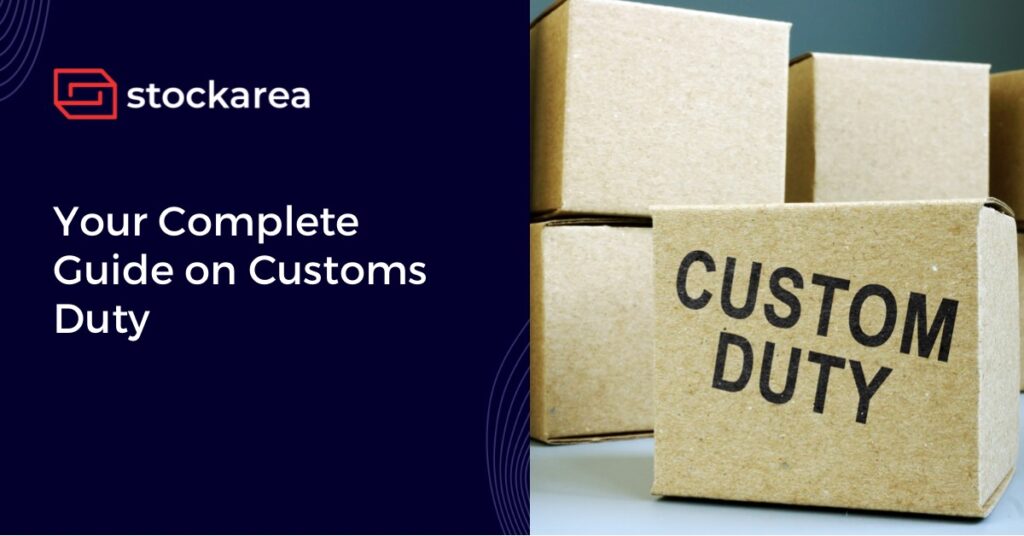Customs Duty refers to the tax levied on goods travelling across international borders. Customs duty is an indirect tax charged on all imported commodities and items exported from the country. Duties on imported items are import levies, whereas duties on exported goods are referred to as export duties. Countries worldwide pay customs duties on products imported and exported to generate money and protect indigenous institutions from predatory or efficient foreign competition.
How is Customs Duty computed?
Each good has a predetermined duty rate determined by a variety of parameters, including the location of the acquisition, the place of manufacture, and the composition of the commodities.
Customs duties on a shipment are decided by numerous factors:
- Harmonized System (HS) code: The Harmonized System (HS) code is used to classify the product. Customs officials use this commodity code to rapidly determine the nature of the shipment and to assess the appropriate taxes, charges, and rules.
- Value of the goods: Customs use the value of the goods, including freight and insurance charges, to calculate duties and taxes and to clear the cargo. That is why it is critical to accurately describe the amount on the commercial invoice.
- Good’s description: The commercial invoice describes the products, including the intended use and country of manufacture. To ensure that the items are categorized appropriately, the HS code and the description of the goods must be the same.
- International trade agreements: International trade agreements can have an effect on the amount of taxes and tariffs levied on a cargo. If you’re transporting goods between countries that have a free trade agreement, they may be duty-free or subject to a reduced cost.
- Incoterms: The Incoterms on a commercial invoice specify the agreement between sender and receiver regarding who bears the shipment cost, including taxes and tariffs.
When is Customs Duty paid?
Customs duties on a shipment are often due prior to the products being released from customs in the destination country. The carrier may be able to pay for you in order to expedite the release of your goods – and they will invoice you for the charges. It’s worth verifying that they are capable of doing so before shipping.
Importance of Customs Duty
Customs duty is an indirect tax imposed on imported goods to safeguard domestic products and producers against foreign exploitation. The purpose of levying customs duties is to protect a country’s economy, employment, environment, and residents, among other things, by regulating the movement of commodities, particularly prohibited and restricted goods, into and out of the country. Customs tax is used by the government to increase income, protect domestic industries, and regulate the movement of products.
Related posts
- What Is Customs Clearance?
- Types Of Customs Duty In India
- Top 10 Custom Clearing Agents In Chennai
- 10 Best Cold Storage Companies In India
- Top 10 Ocean Freight Forwarders In India
- Beginners Guide To Sell On Amazon In 2024
- Top 25 Side Business Ideas In India For Extra Income
- Navigate Supply Chain Disruptions With Digitalization
- 13 Best Shipping Companies In India
- Top 10 Latest Supply Chain Trends In 2024
- 7 Latest Freight Forwarding Trends In 2024
- Cross-Border Logistics Challenges and Solutions
- A Complete Guide On Value Chain And Its Components
